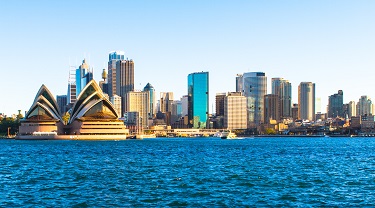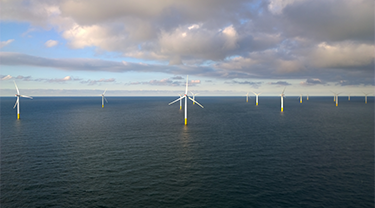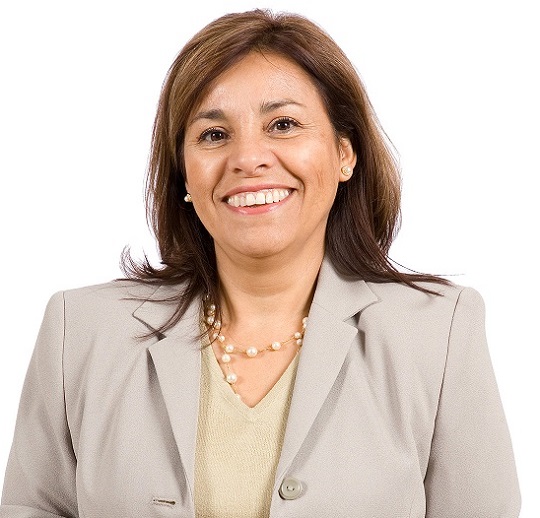Coulson Aviation: Fighting wildfires from the air; managing risks on the ground
BC firefighting company explores new Indo-Pacific markets with help from EDC
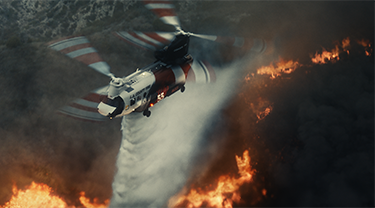

In this article:
It was the summer of fire: Across Canada and around the world, flames raged, turning forests into ash and homes into cinders as a combination of low winter snowfall and an early spring created an unprecedented wildfire season.
By fall 2023, nearly 19 million hectares of Canada—seven times the annual average—had been razed, as wildfires hopscotched from Nova Scotia to Northern Ontario to British Columbia, causing mass evacuations and sending thousands into emergency shelters.
Across the United States, a noxious yellow hue stained the skies. New Yorkers dubbed it the "Canadian smog."
Standing tall against this natural disaster was Coulson Aviation, a third-generation family business out of Port Alberni, BC, that's been managing forests and fighting fires for more than three decades.
You should also check out
Learn how international trade training and other resources helped Survival Systems Limited succeed globally.
From boots on the ground to eyes in the sky, Coulson Aviation, has taken its skills and technologies around the world, often fighting fires on multiple continents simultaneously. The United States, Chile, and now with an increasing presence in the Indo-Pacific, especially Australia, the company has developed a suite of best-in-class technologies, beginning with its ability to detect and fight fires at night.
Supported by Export Development Canada (EDC), the company has become much more than a tech-based enterprise; it's a world leader in aerial firefighting whose success has been built on grit, sweat, and blisters.
The backstory
Coulson Aviation has been a provider of forestry management services since 1960. Wayne Coulson and his son, Britt, lead the company, which was founded by Wayne's dad, Cliff Coulson.
A Second World War vet, Cliff returned home to BC and like many young men who went to war, sought solace and peace on the West Coast. The trees and forests were an antidote to the chaos of combat. But he also had a taste for hard work and soon started a bush-clearing business.
By 1960, Cliff had saved enough to purchase a land management company in Port Alberni and eventually his youngest son, Wayne, joined the business—but not in the front office. Instead, he was given a shovel and an axe and sent into the wilderness to learn how to manage the land from the ground up.
As the company grew, the Coulsons moved into manufacturing, but rather than ride the tide of their success, in 1986, father and son took an enormous gamble. They bought a helicopter and began heli-logging, a business that's not for the faint of heart.
Unlike the West Coast pioneers who used horses to clear the bush, heli-logging is efficient and environmentally friendly. No need for roads to bring in skidders and bulldozers, instead trees are selectively cut and airlifted out by cables suspended beneath a helicopter.
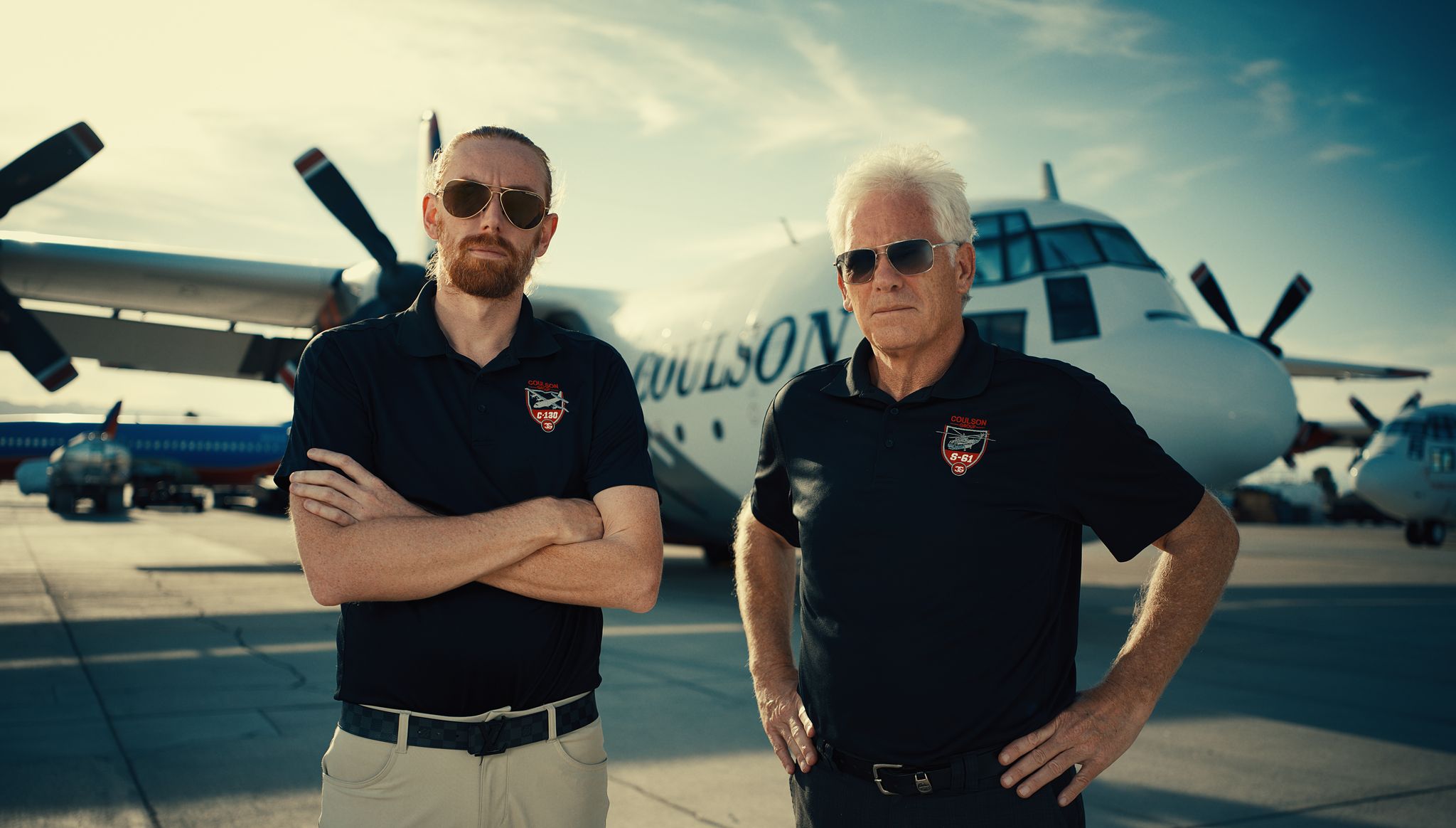
Britt and Wayne Coulson stand before their C-130 Hercules
Once again, the Coulsons’ business instincts paid off.
One helicopter soon became four and their original logging lease expanded to six. By the early 1990s, the Coulson lumber facility operated around the clock with 900 employees. But island summers are long and hot, and wildfires were common, so the Coulsons decided to retrofit their helicopters, but not for logging-for firefighting.
"We decided to sell 70% of our business to focus on firefighting. We had a good relationship with the U.S. Forestry Service that wanted to put our Next Gen air tankers in business. But we were going to need a new aircraft: the C-130," explains Wayne Coulson of his company's ambitious expansion plan.
How EDC helped
As a mid-sized company, Coulson Aviation didn't have the capital to purchase the fleet the Americans wanted, so they turned to EDC for help.
"There we are, a smaller company, and we went to EDC and talked to them about support. We were then able to finance the aircraft," recalls Wayne.
With EDC’s backing, the Coulsons won the U.S. contract and bought the first of five state-of-the-art C-130 Hercules aircraft.
"That's the kind of support we've had over the years from EDC. They helped build our business," Wayne says.
Expanding into the Indo-Pacific
Coulson Aviation eventually decentralized its executive offices to Australia, which became a launching pad for expansion into the Indo-Pacific.
Traditionally, farmers in Indonesia have used controlled burns to clear the land. But without the right equipment or technical knowledge, single-plot fires can flare into wildfires, spreading to neighbouring Singapore and Malaysia, costing the Indonesian government billions of dollars in reparations.
Coulson Aviation saw the opportunity to bring education and firefighting skills to Indonesia. But while doing business in the booming region offers opportunity, it's also high risk.
"In Indonesia, getting paid is always the biggest problem," says Wayne of his company's key challenge.
"It didn't work out for other aerial firefighters who were there. Some didn't get paid. We ended up getting paid, but only because we had EDC's support."
With EDC’s Credit Insurance, in place, Coulson Aviation reduced its risk, and the Indonesian contract was paid in full. Without EDC’s support, he says the company would have suffered a substantial loss.
Kudos to EDC for protecting us. There's no way we could pursue the contracts we've taken without their backing.
From a returning war vet who started a one-man company to a world leader in aerial firefighting, the Coulson Aviation story is a lesson in how one family built a successful international business. Wayne credits his wife, Suzan, who has been by his side for 42 years, and sons, Britt and Foster, for providing the support he needed to grow and survive in the dangerous industry of battling blazes.
"It's like we play in the World Series every day. That's what we tell our crews. We can't afford to have a bad day," he says.













